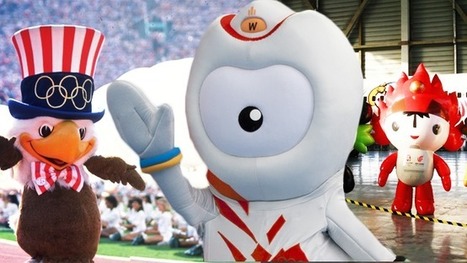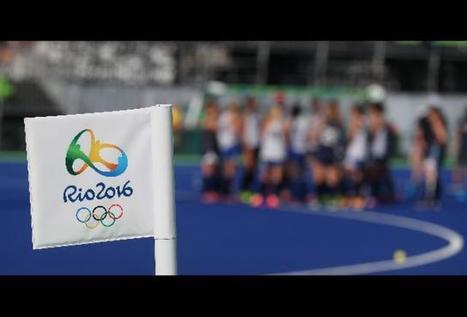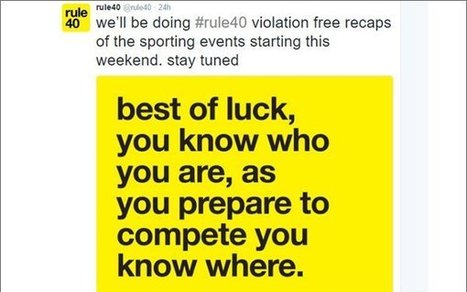A few weeks ago, amid the pollution- and Zika-filled media run-up to Rio, a press release issued by the Olympic organizing committee for PyeongChang, Korea (where the 2018 Winter Olympics will take place) received little notice. The single-page communiqué carried news about a white striped tiger named Soohorang. Rendered with computer graphics, the creature wore a cheesy grin and posed like a track star. Soohorang, you see, had just been chosen as the next official Olympics mascot.
The practice of choosing a creature to represent each Olympics is now in its 44th year. It’s a job that falls to the host city’s organizing committee, which frequently relies on marketing research to create the mascot and public surveys to choose one, with final approval resting with the International Olympic Committee. While some mascots are human (children, usually), most have been animals (bears, raccoons, owls, etc.) And with the advent of CGI, several mascots have fallen into what’s generously termed the fantasy-creature category.
But whatever the breed of the mascot, most have shared one thing in common: They’re a little—and sometimes very—freaky. ("Loony," to quote Time magazine, or "downright scary" in the appraisal of ESPN.)
But why?...



 Your new post is loading...
Your new post is loading...










Yes, they're weird but so are lots of politicians! ;-)